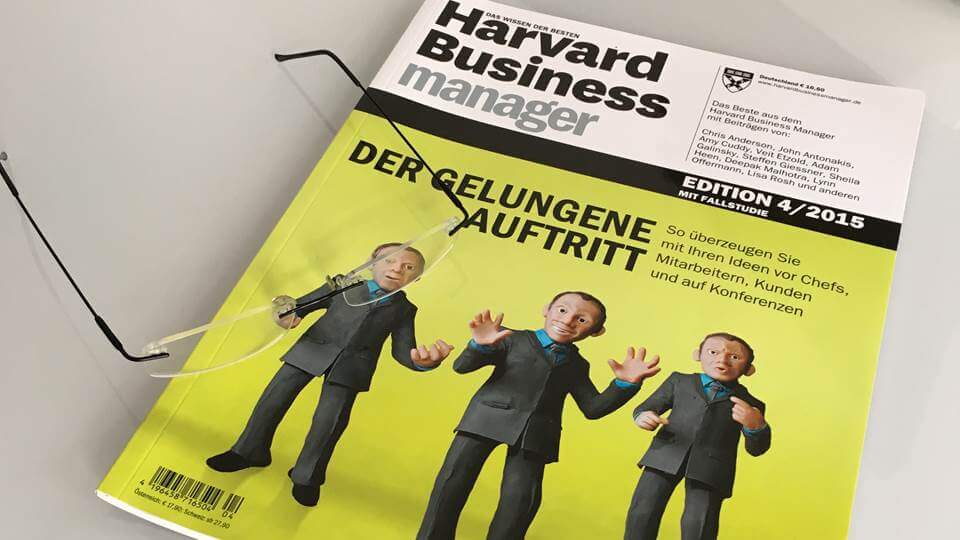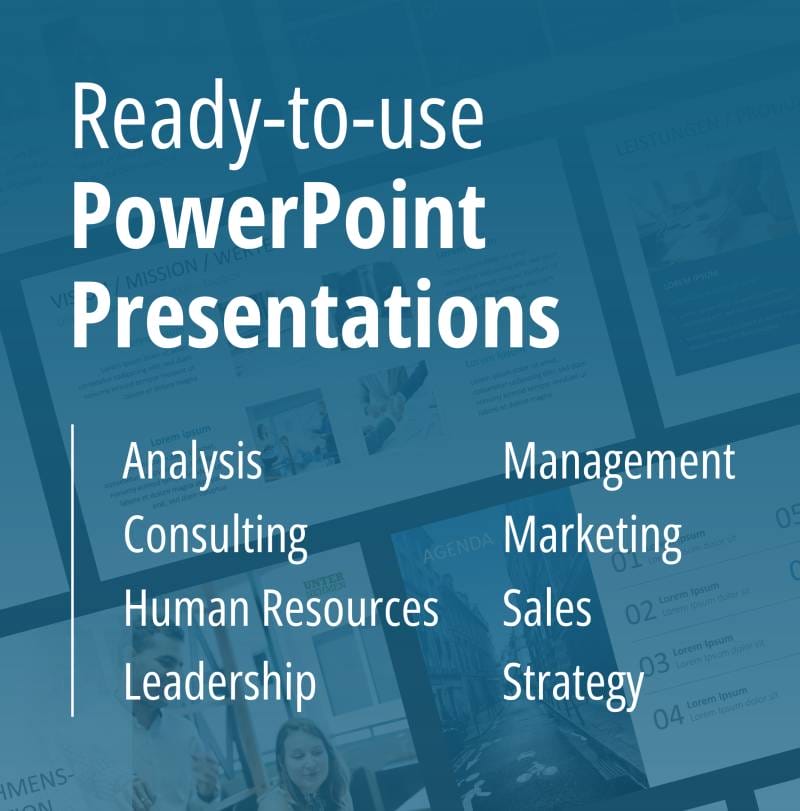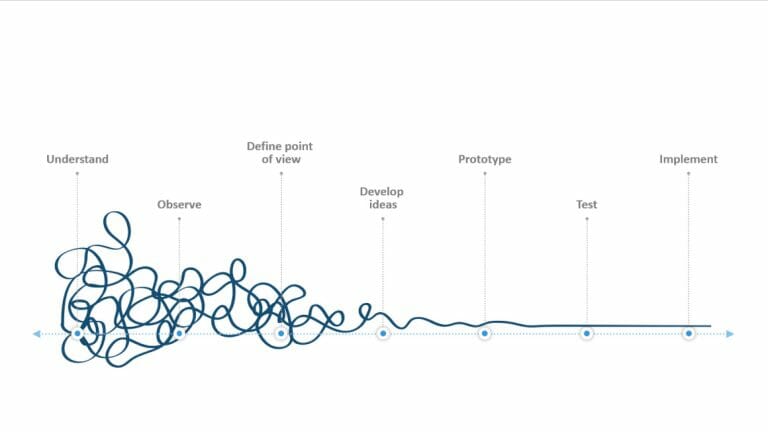
How to Hold a Compelling Presentation – Part 1
Nervousness, shyness or a bumpy debate are among the typical fears of giving a presentation. Conference organizer, TED addresses these concerns and has set itself the task of preparing their speakers to excel in presenting. Chris Anderson, TED conductor since 2001, explains in the Harvard Business Manager, how to hold a successful speech. We have summarized his most important remarks and tips in two blog posts.
1. Find a compelling topic
A successful presentation is based on a subject that is worthwhile reporting. If key ideas and valuable content are missing from your speech, then even the most spectacular PowerPoint presentation will not get you far.
2. Restrict your topic
Avoid picking a topic that is too broad, but rather concentrate on a specific topic in your expertise that you can make a short and concise introduction to. Save your audience unnecessary details and technical jargon that is only familiar with experts in the field.
3. Mix information and narrative
Tell stories that appeal to the emotions of your audience and that are relatable while bringing in facts and relevant data. Even for an audience awaiting financial presentations which are primarily interested in the latter, content with the help of narrative elements can convey a message more powerfully and one that is memorable.
4. Dealing with nervousness
For distraction, concentrate on the presentations given before your speech and calm yourself by inhaling and exhaling deep breaths. You can also admit your nervousness in a positive way to the audience – the audience generally understands and sympathizes with honesty.
5. Recite by heart
Avoid reading your presentation from manuscripts and tele promoters – this creates distance to the audience. Prepare yourself several months in advance by learning your speech by heart so that you can speak freely. If you don’t have time to do this, then write down your main points on index cards.
6. Avoid advertising
Do not mention the book you published relevant to your presentation topic, and don’t quote yourself, otherwise your audience will have a bad aftertaste of a promotional event. The same applies to your organization’s achievements; don’t be pushy about bringing them to light because listeners find institutions mostly boring and are not able to personally connect or identify with them.
Find Mr. Anderson’s full article on the website of the Harvard Business Manager.Do you have similar or different experiences when preparing or giving talks? Would you contradict individual points or recommend this advice? We want to hear from you!





